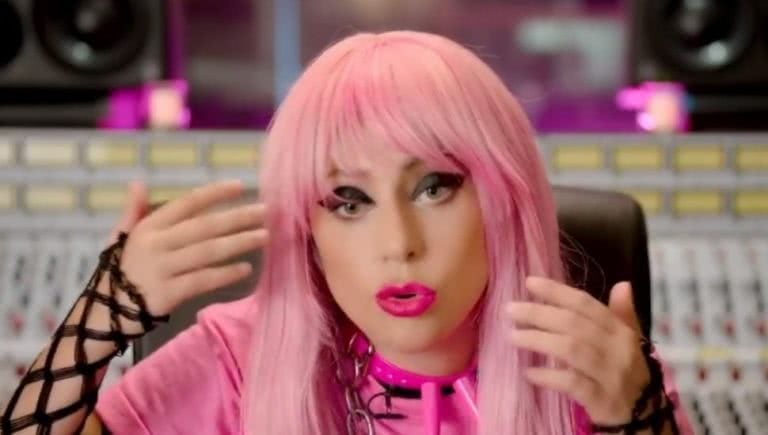Content Warning: This article discusses sexual assault. If you or someone you know are affected by the following story, you are not alone. To speak to someone, you can call Lifeline on 13 11 14, or 1800 RESPECT on 1800 737 732.
Lady Gaga has opened up about taking medication after suffering “mental issues” as a result of being raped as a teenager.
The 34-year-old discussed her new album, Chromatica with Zane Lowe in May this year on Apple Music’s Beats 1 radio station, however, her comments about taking antipsychotic medication are only just going viral.
“I can’t always control things that my brain does — and I have to take medication to stop the process that occurs,” Gaga, whose real name is Stefani Germanotta, said.
She later revealed that the track ‘911’ examines her use of the medication, olanzapine, a drug primarily used to treat bipolar disorder and schizophrenia.
The Oscar winner said, “I know I have mental issues and I know that they can sometimes render me non-functional as a human.”
It’s not the first time the multitalented star has opened up about traumatic past events and its effect on her life, telling Oprah Winfrey for Elle magazine about the traumatic event that has continued to affect her mental health to this day.
Love Music?
Get your daily dose of metal, rock, indie, pop, and everything else in between.
“I was raped when I was 19-years-old, repeatedly. I have PTSD. I have chronic pain. Neuropathic pain trauma response is a weekly part of my life. I’m on medication; I have several doctors,” she said.
She added that symptoms once became so severe that she experienced a “psychotic break” that landed her in the hospital.
“It was one of the worst things that’s ever happened to me,” Gaga said. “I didn’t understand what was going on, because my whole body went numb; I fully dissociated. I was screaming, and then he [her psychiatrist] calmed me down and gave me medication for when that happens.”
Fortunately, Gaga said through daily doses of olanzapine and therapy, the singer was able to remain in control of her condition, saying that without it she would “spiral very frequently.”
“Medicine really helped me,” she said. “A lot of people are afraid of medicine for their brains to help them. I really want to erase the stigma around this.”
Check out ‘Rain On Me’ by Lady Gaga and Ariana Grande:


































